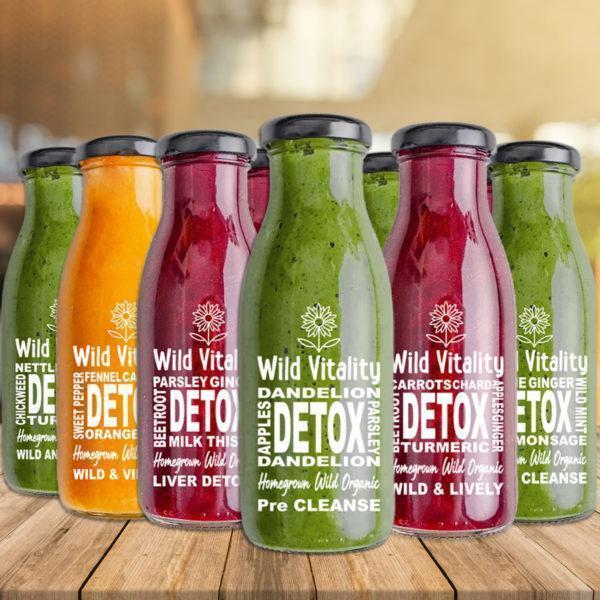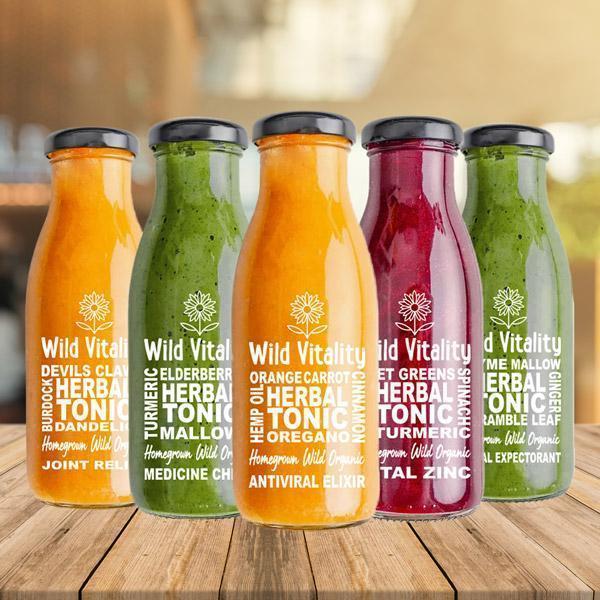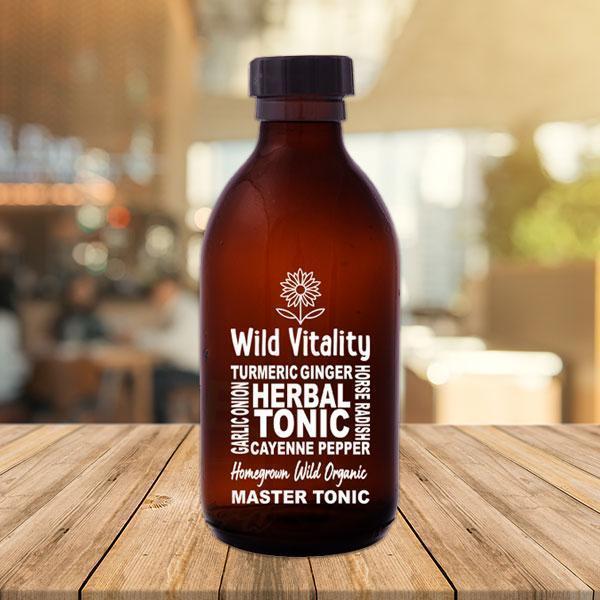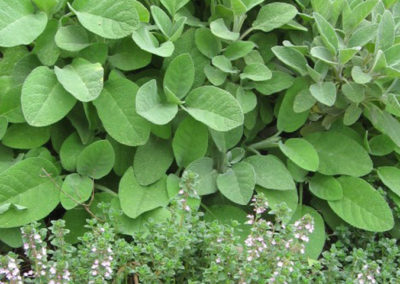Homegrown
Mandela Farm
Kev has been living and breathing nutrition for the most of his life, always trying to find the best ways we can eat nutritionally. What he has learnt has given him a path towards a biodiverse farm……

For many years people assisted nature in growing food. This habit eventually morphed into what we now know as farms. Generally moving further away from nature and growing more produce lacking in vital nutrients and covered in toxic chemicals.
We, like many others are trying to reverse this by growing as close as we can to what we see in nature. Using bio-diverse methods of farming, which we believe creates healthier plants and therefore healthier consumers.
Bennisons Farm
Bennisons is a small organic market garden in Thorrington near Colchester in north Essex. We only provide what can grow on the farm to people with in a 10 mile radius so the produce is 100% seasonal and local with very low food miles.
Our land is surrounded by trees and hedgerow and there is plenty of habitat for beneficial wildlife which help control pests and pollinate our plants. We rotate our crops each year to avoid build-up of pests and disease and to ensure nutrients are taken equally from all parts of the farm. We use ‘green manures’ such as clover to build fertility for future crops.
Brooklynnes Farm
The farm has been in the Carr family for the best part of 70 years when John’s father moved here from Maldon when John was a small child. Now in its third generation we are continuing on with the traditional ways and proud of our history and heritage.
Here at Brooklynnes farm the past is very much alive. The farm relies on traditional bio diverse farming methods such as crop rotation and manure and planting different plants next to each other in place of irrigation and insecticides.
Step One:
The living soil
The soil contains an abundance of living micro-organisms. Tilling the soil destroys a great deal of this network. Therefore, we till as little as possible laying fresh compost full of minerals.
Additionally, we spray with a natural bio-active fertiliser tea. This has the result of maximising the up-take minerals into the plants we will eventually consume.
Step Two:
Natural pest control
It has become obvious now that the use of industrial pesticides is having and has had a big impact on the health of western society. We all know about the increase in many diseases like cancer.
We replace the use of pesticides with natural methods of pest control.
One of the methods we use is to plant one step up from pairing using a variation of plants and pairing plants in every row, we also allowed the boarders to grow wild and seed more wild flowers. This encourages predator bugs like ladybirds and bees and distracts the plant consuming bugs.
Step Three: Working with the bees
We are all aware of the detrimental effect of pesticides like Neonicotinoid on bees. Therefore, only natural methods of pest control are used.
Large areas are dedicated to wild flowers and plants to keep the life above ground happy.
Step 4: Reducing the environmental impact
Sourcing all our materials like compost and manure locally and minimising the use of machinery.
Our motivation. We love what we do. Our reward is the comments and thanks we get form our customers. Watching them on their paths to health and happiness.
When we are not able to supply the produce we need, we use local growers we trust and know as friends.





